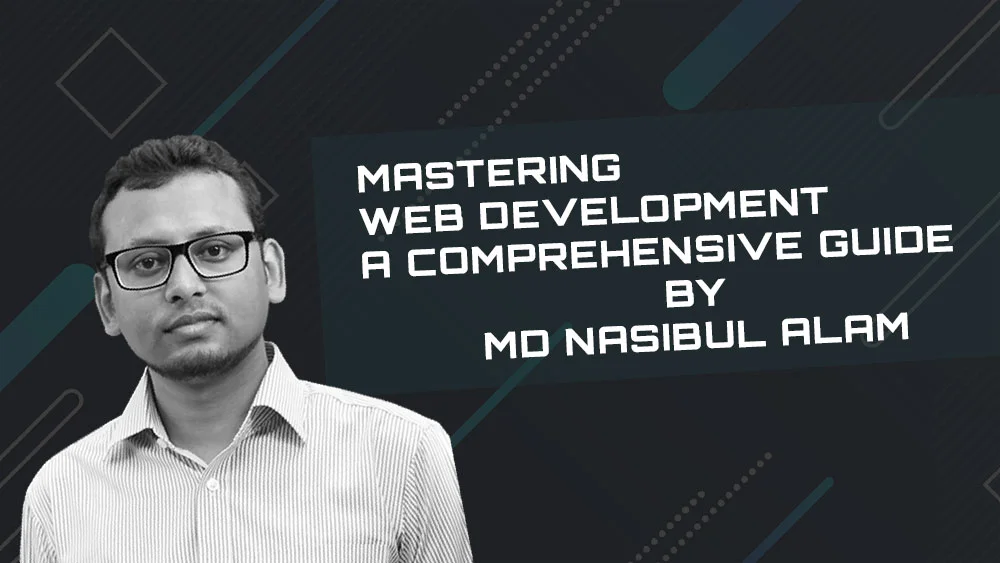WordPress is one of the most widely used content management systems (CMS) globally, powering millions of websites. However, its popularity also makes it a target for malicious activities. Securing your WordPress website is crucial to protect sensitive data, maintain user trust, and ensure the smooth functioning of your online presence. In this comprehensive guide, we will explore various strategies and best practices to fix common security issues in WordPress.
-
Keep WordPress Core, Themes, and Plugins Updated:
Regularly updating your WordPress core, themes, and plugins is fundamental to maintaining a secure website. Developers frequently release updates to patch vulnerabilities and improve overall security. Enable automatic updates for the WordPress core, and promptly update themes and plugins through the dashboard.
-
Strengthen Passwords:
Weak passwords are a common entry point for attackers. Ensure that all user accounts, including administrators, use strong passwords with a combination of upper and lowercase letters, numbers, and special characters. Encourage regular password updates, and consider implementing two-factor authentication (2FA) for an additional layer of security.
-
Secure Login Page:
The default login URL for WordPress is “/wp-admin/”, which makes it an easy target for brute force attacks. Change the default login URL to something unique to deter automated attacks. Additionally, limit login attempts and implement CAPTCHA or reCAPTCHA to protect against brute force attacks.
-
Use Secure Hosting:
Choosing a reliable and secure hosting provider is essential for WordPress security. Opt for hosting providers that offer regular backups, server-level security features, and actively monitor for suspicious activities. A managed WordPress hosting service can often provide an extra layer of security and support.
-
Install a WordPress Security Plugin:
There are various security plugins available for WordPress that can help fortify your website against common threats. Some popular options include Wordfence Security, Sucuri Security, and iThemes Security. These plugins offer features like firewall protection, malware scanning, and login attempt monitoring.
-
Secure File Permissions:
Incorrect file permissions can leave your WordPress site vulnerable to unauthorized access. Review and set appropriate file permissions for directories and files. Generally, directories should have a permission setting of 755, and files should be set to 644. Limit the use of overly permissive settings.
-
Disable Directory Listing:
By default, WordPress allows directory listing, which can expose sensitive information about your site’s structure. Disable directory listing by adding “Options -Indexes” to your site’s .htaccess file. This prevents attackers from viewing the contents of your directories.
-
Regularly Backup Your Website:
Regular backups are crucial for recovering your website in case of a security breach or data loss. Use reliable backup plugins or tools provided by your hosting provider to schedule automatic backups. Store backups in a secure location and test the restoration process periodically.
-
Monitor User Activity:
Keep a close eye on user activity, especially for users with administrative privileges. Regularly audit user accounts and remove any unnecessary or inactive accounts. Consider implementing logging and monitoring solutions to track and analyze user activity for signs of suspicious behavior.
-
Implement SSL Encryption:
Encrypting data transmitted between your website and users is essential for protecting sensitive information. Install and configure an SSL certificate to enable HTTPS on your site. Many hosting providers offer free SSL certificates through Let’s Encrypt.
Conclusion:
Securing your WordPress website is an ongoing process that requires a combination of proactive measures and regular maintenance. By following the strategies outlined in this guide, you can significantly enhance the security of your WordPress site and reduce the risk of potential threats. Stay vigilant, stay updated, and prioritize the safety of your online presence to ensure a secure and reliable experience for both you and your users.



